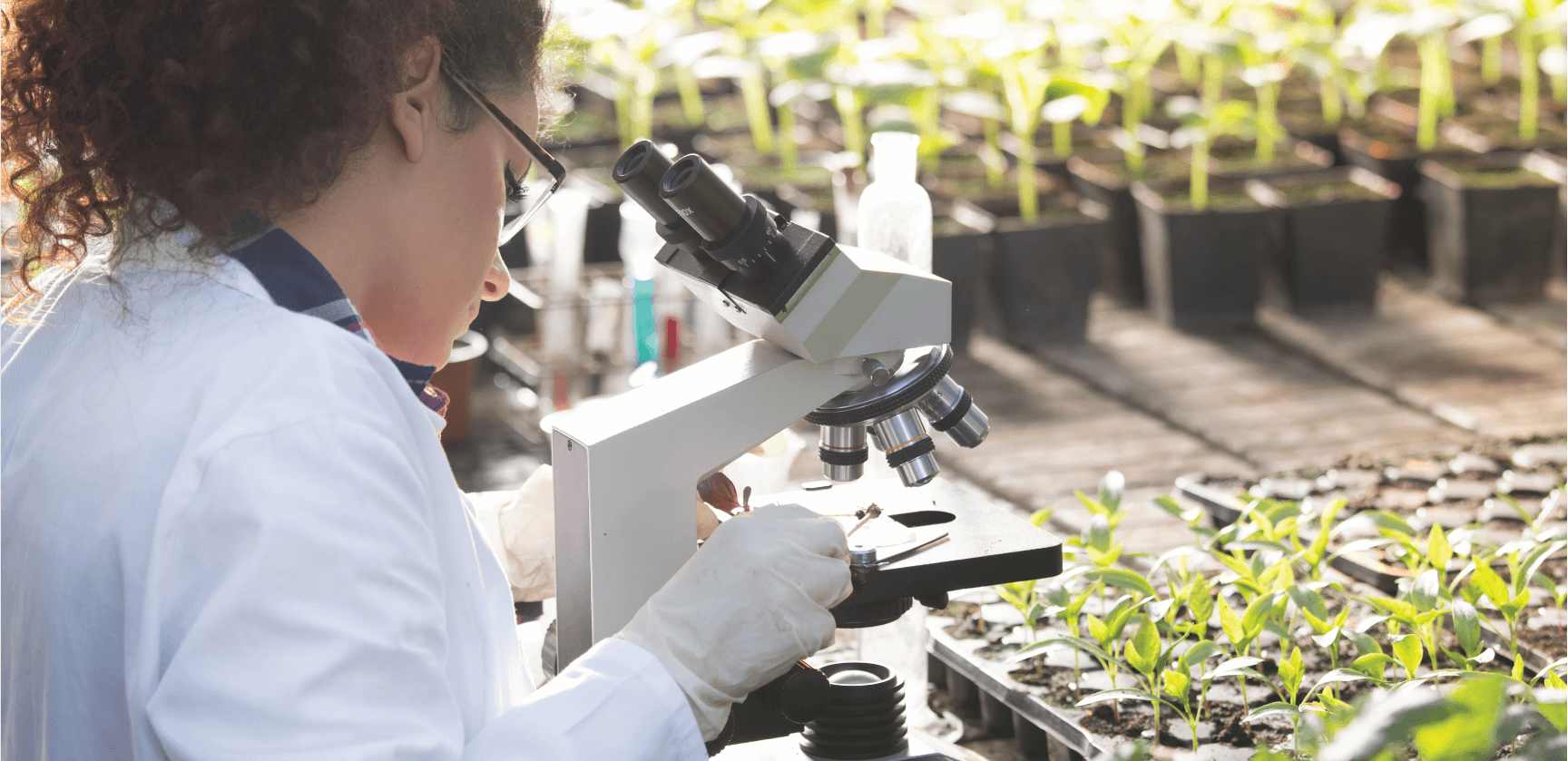Developments in Personalised Medicine in the UK
What is personalised medicine?
In recent years, the UK’s healthcare industry has embarked upon a transformational journey. A journey through which boundaries have been pushed and that has been driven by a major breakthrough in the science and technology of Personalised Medicine – specifically in the field of genomics[i]. The concept of Personalised Medicine is defined by the National Health Service (NHS) as a shift away from a “one size fits all approach to the treatment and care of patients with cancer and rare diseases.” It is intended to lead to improved prediction and prevention of disease, precise diagnosis and a more personalised approach to care using a patient’s unique DNA make-up.
This notion of personalisation and individualism is strong within many Western industries but has only recently been truly brought to the fore within the field of medical science following completion of The Human Genome Project.
The 100,000 Human Genome Project – a marker event
The subject of genomics has occupied scientific studies since the early 1900’s, however in April 2003, for the first time in history, scientists were able to publish the complete genetic code of the human being – known as the genome. With parallel advancements in artificial intelligence (AI) and robotics technology during this time, it became possible to sequence a single human genome in a matter of days where previously this would have taken several years and at a considerable cost.
In 2012, Prime Minster, David Cameron announced that the time was right to launch a large scale, national genomic study. Using previous research, the objective of the study was to make the UK a world leader in the field within 5 years and dramatically change the application of personalised medicine in the UK health service.
In the years following, 100,000 participants were invited to take part in the largest clinical trial of its kind under the banner of ‘The 100,000 Human Genome Project’ (led by Genomics England and in partnership with NHS England).
This ground-breaking study involved the DNA sequencing of patients awaiting diagnosis or already receiving care for cancer or rare diseases through which the results would aid their diagnosis and support with tailored and personalised care.<
In December 2018 the study drew to a successful close and the outcome was significant. The UK had become the first nation in the world to apply whole genome sequencing at scale in direct healthcare, as well as providing access to high quality clinical and genomic data for research purposes.
Kickstarting a new ‘Genomics industry’
There are now 13 genomics centres throughout the UK and while the primary beneficiaries are the patients themselves, it can already be said that this new wave of research has paved the way for a revolutionary advancement in the pharmaceutical industry – primed to be worth $26 billion by 2025.
Comparisons have even been drawn between this new industry and the bi-products that came to the British economy following the advent of the railway in the Victorian era – where the primary intention was for increased transport links between major UK cities, but that led to the development of seaside towns and an economic boom in holiday travel.
How will the developments impact the life sciences market?
Over the coming years, we expect to see major advancements the life sciences market as a result of the developments in genomics and opportunities to personalise medicine. This new wave of medical capability is already opening new doors in the market from medical diagnostics, drug discovery to clinical trials and beyond. Notable development seen already have included;
- The emergence of new medical/technology partnerships and collaboration between market leaders such as; GSK and Apple, Novartis and Microsoft, Sanofi and Google – all with an intention to bring together medicine and technology in a new and innovative way.
- Career opportunities are also on rise. Within this growing market there exists a need to upskill and reskill existing healthcare professionals as well as encouraging new talent to emerge. According to Science Mag when describing the number of skilled people able to deliver to the demand created by the Human Genome Project; "There are only a few of them…..but we need 10 times more.” The biggest of these opportunities exists for those with skills in both mathematics and genetics – a critical skill required to analyse and interpret complex genetic data.
- The capabilities afforded by robotics and AI will also be pushed beyond their limits as the volume of medical data being held is predicted to double every 73 days by 2020 according to IBM. This unprecedented speed and consequent volume poses new challenges for technologists as they continue to develop and advance their products.
In summary
Overall, the healthcare industry is at the start of an exciting journey and the potential for economic opportunities as a result is significant. As Personalised Medicine continues to evolve, so too will the volumes of clinical data being generated and processed, posing a huge opportunity for technology and medical firms alike. It is set to be an equally exciting time for professionals in the healthcare and life sciences industry as further studies will bring demand for the continued evolution of skills required to deliver research as well as the physical healthcare provision.
It’s time to pay close attention to developments in Personalised Medicine – the outlook is positive for healthcare and opportunistic for the life sciences industry.
[i] The branch of molecular biology concerned with the structure, function, evolution, and mapping of genomes.



